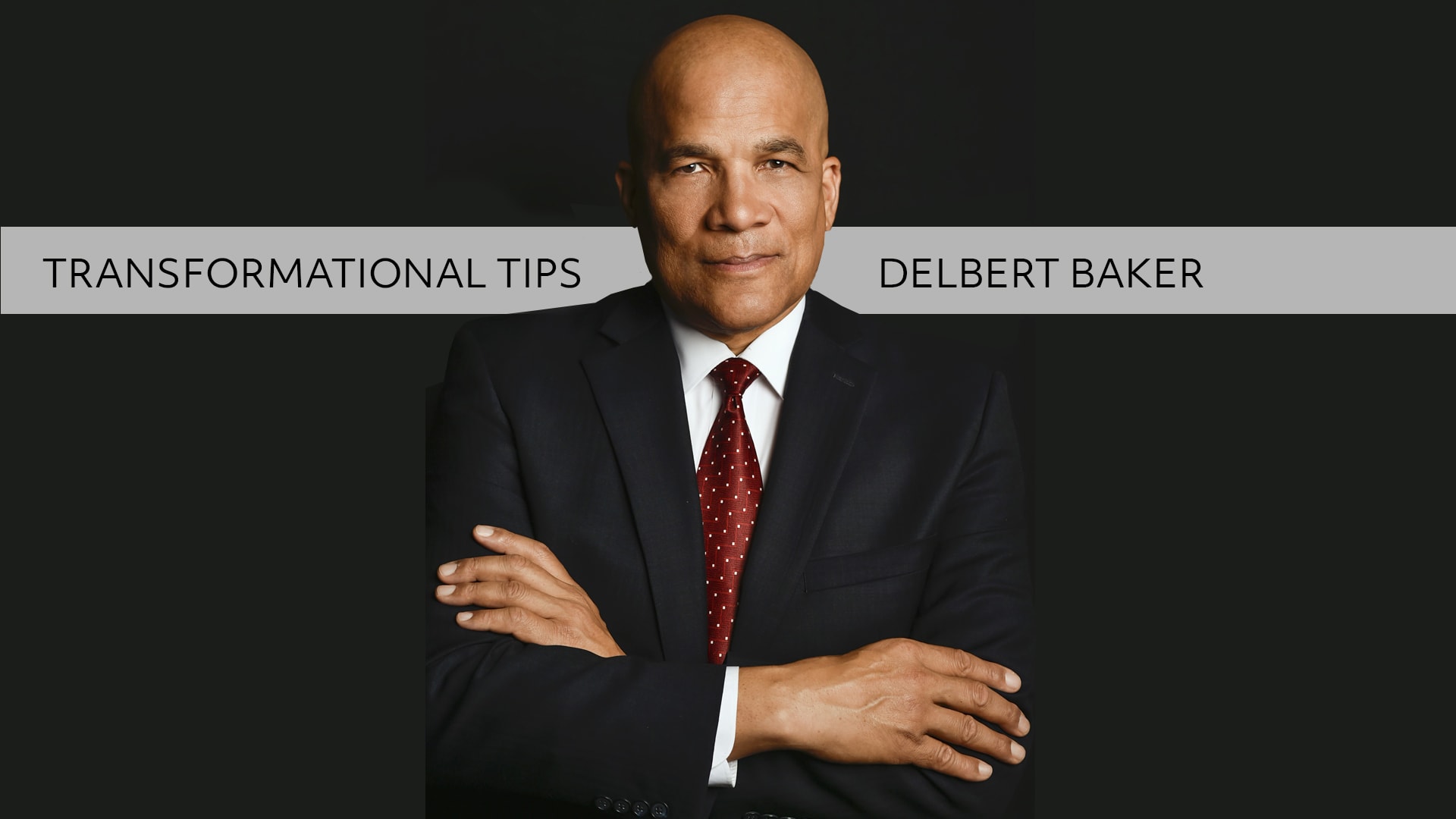
Our challenge is unavoidable. We’re living in a time when conditions are unstable and unpredictable. If we don’t manage our fears, they’ll manage us. Fear mismanagement can lead to stress, trauma, poor health, toxic relations, and regretful decisions.
What is society feeling fearful about? The 2021 American Fear Index reveals the top 10 fears:1
Everyone can relate to one or more of these items, plus many more.
Dimensions of Fear
Depending on your version, Bible references to “fear not,” occur in various iterations some 365 times.2 Fear is one of the Scriptures’ most addressed human dilemmas.
Admittedly, it’s easier to say “Fear not” than to actually not fear. Therefore, it’s essential that believers understand the sequela of fear and how to harness it.
A natural emotional response for humans, fear is not necessarily good nor bad. Fear indicates a threat of potential harm, whether real or perceived. It can be physical, psychological, or spiritual. Popularly, fear is referred to as false evidence appearing real.
While fear, however, is often considered a negative emotion, if managed properly it can serve an important function in keeping us situationally aware, spiritually minded, and socially conscious. Practically speaking, in dangerous situations fear can cause us to be appropriately cautious or to take wise safeguards. Paradoxically, fear is like the surgeon’s knife—it can help or hurt us.
Whether we face fear occasionally or live in a constant state of fear, our response to fear is our choice. We can choose to resist our fears and resolutely select a mindset of faith, hope, and possibility. This choice can be made before the feared event happens or during the fear-causing event. Eleanor Roosevelt once said, “You gain strength, courage, and confidence by every experience in which you really stop to look fear in the face.”3
Fear-Management Tools
How then can we manage fear? In his last letter before death Paul gave Timothy, his protégé, a powerful fear-managing tool: “For God has not given us a spirit of fear, but of power and of love and of a sound mind” (2 Tim. 1:7, NKJV).4 From this passage we derive five practices that will strengthen your fear management.
1. Christ Companionship: A vital prerequisite to fear management is to enter a genuine relationship with Christ as Lord. In said relationship Jesus gives us the gift of salvation and the promise of protection and guiding providence. Fear mastery starts here.
2. Can-do Choice: We may choose to exercise our God-given power to say “No” to fear, exercising trust instead, with resolve and resilience.
3. Composed Confession: The presence of fear creates the opportunity to trust and speak about, to confess our dependence on God regardless of circumstances. Composure is the fruit of Christ’s peace.
4. Conquering Counsel: Fortification of the mind with spiritual wisdom and diligent follow-through increases as we pray, study, and receive seasoned counsel. In this way we’re strengthened through the Holy Spirit’s power.
5. Conquering Confidence: The sine qua non of spiritual conquest is the unswerving commitment to be stalwart regardless of the outcome. This is both a gift from God and the result of experience. It’s Job-like confidence based on the belief that God will ultimately resolve all things: “Though He slay me, yet will I trust Him” (Job 13:15).
Undoubtedly, some fear challenges may require external spiritual or professional assistance. But don’t be thrown off by the apparent simplicity of these principles. Through the combination of the human with the divine, these fear-management practices will successfully equip us, if we utilize them.
To God be the glory.
Delbert W. Baker, Ph.D., is the director of Research and Development for the Office of Regional Conference Ministries/Retirement Plan based in Huntsville, Alabama.
1 https://www.safehome.org/home-safety/american-fear-study
2 https://heycreativesister.com/365-fear-not-bible-verses/
3 https://www.fdrlibrary.org/eleanor-roosevelt
4 New King James Version.